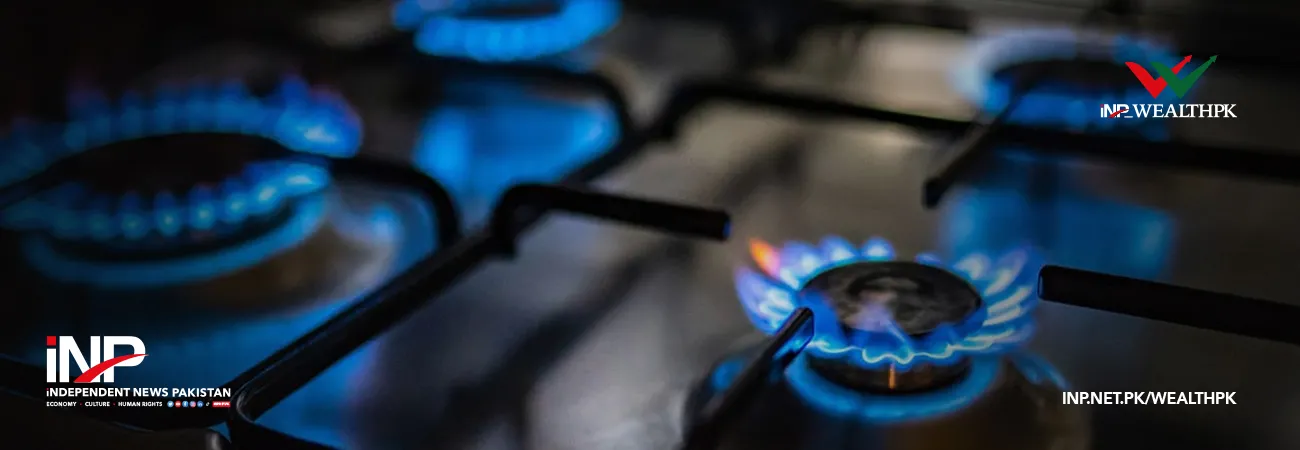INP-WealthPk
Amir Khan
The surge in gas prices is anticipated to impact various consumer sectors, including residential, commercial and industrial, says Muhammad Nasir, an official of Ayesha Spinning Mills Limited, Sheikhupura, Punjab, which is one of Pakistan's largest textile goods exporters. Talking to WealthPK, he said the repercussions of this move extended beyond individual consumers, as the country braced for higher inflation and increased costs of doing business. He said manufacturing industries, already grappling with challenges, would witness a surge in input costs, further jeopardising Pakistan's competitiveness in the global market. The increase in gas tariff, the second surge since November 2023, has been made to meet the critical condition of the ongoing short-term loan programme with the International Monetary Fund (IMF). The primary motive behind this substantial increase is the urgent need to address the escalating circular debt within the gas sector. As of June 2023, the circular debt skyrocketed to Rs2.1 trillion, equivalent to 2.5% of GDP, casting a shadow on the country's economic stability.
Talking to WealthPK, Tayyaba Ahsan, an executive director at the Oil and Gas Regulatory Authority (Ogra), said Sui Northern Gas Pipelines Limited (SNGPL) was alone contemplating a staggering 41% price hike, aimed at generating additional revenues to bridge a significant shortfall. She emphasised that the core issue revolved around the ongoing circular debt, which was adversely affecting gas companies, hampering infrastructure investment and causing disruptions in service delivery. "The frequent fluctuations in prices create uncertainty, impeding the ability of both consumers and businesses to engage in long-term planning. Additionally, the extensive cross-subsidies are not effectively reaching their intended beneficiaries, placing a burden on the government and worsening the overall financial strain," she highlighted. She pointed out that the dependence on imported gas exposed the sector to volatile global energy markets and currency fluctuations, further complicating the economic landscape. "Leakage and theft, leading to unaccounted-for gas losses costing billions annually, add another layer of complexity to the situation."
On the supply side, outdated infrastructure, poor governance, and operational inefficiencies plague gas companies, resulting in high costs and service disruptions. The lack of competition in the sector stifles efficiency and discourages sound management practices, leaving the industry vulnerable to external shocks. The role of Ogra becomes pivotal in this scenario. Responsible for overseeing over two-thirds of the nation's energy domain, Ogra's mission to promote competition, facilitate investments and safeguard stakeholder interests in the gas sector is yet to materialise fully. Therefore, innovative strategies are crucial to curb energy price inflation and leverage stable global energy prices. The future hinges on Ogra's ability to channel gas supplies efficiently to power plants in line with the merit order principle. Addressing consumer protection concerns and enforcing technical and safety standards are additional challenges that require immediate attention. As Pakistan grapples with this impending gas price surge, the nation awaits decisive actions and innovative solutions to navigate these complex economic waters.
INP: Credit: INP-WealthPk













